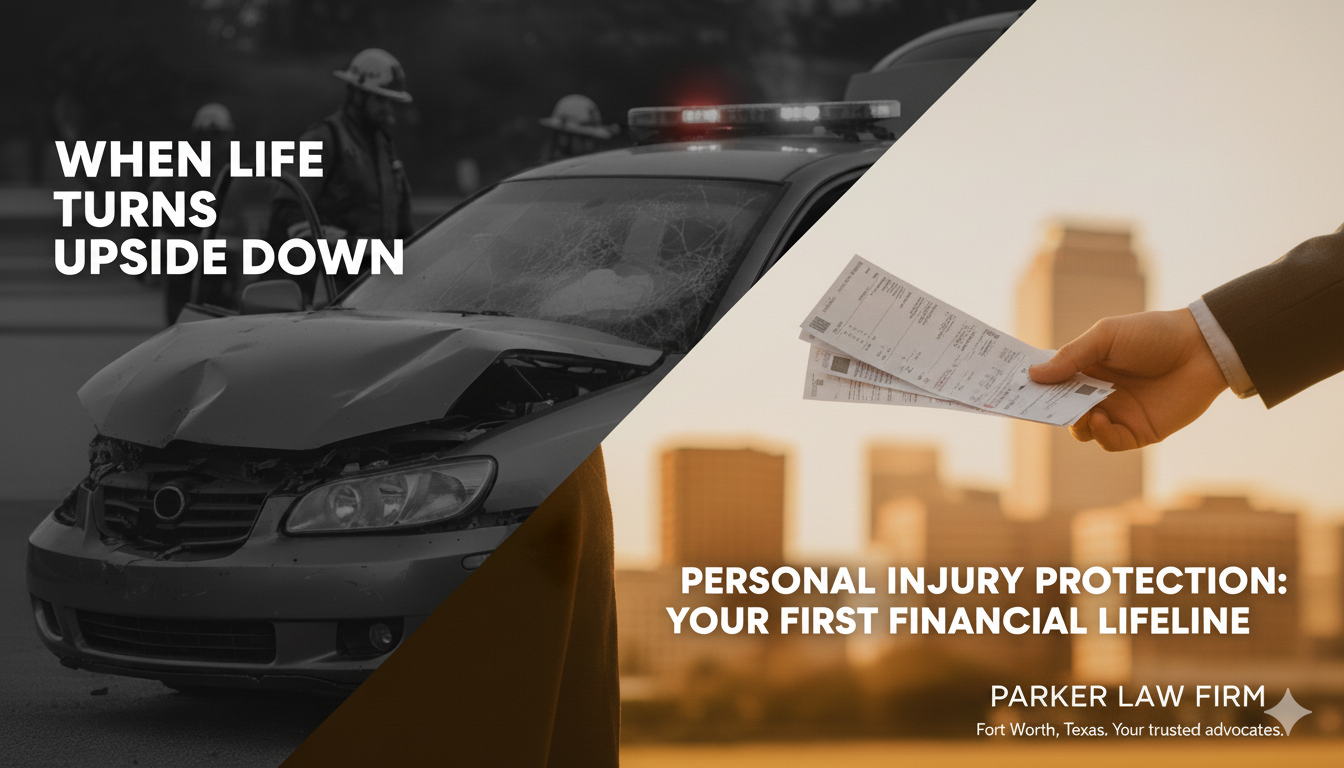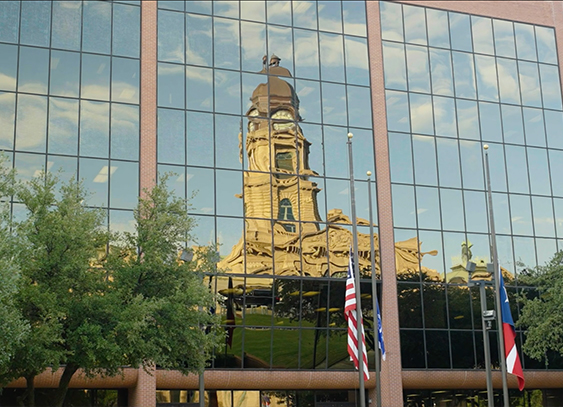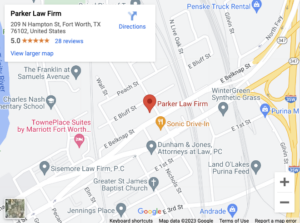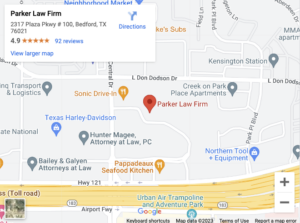How PIP Works – And Why You Need an Advocate to Get Paid

The sound of the impact is something you never forget. In one violent, terrifying moment, the ordinary rhythm of your life is shattered, replaced by the screech of tires, the crunch of metal, and a silence that feels heavier than any noise. In the minutes, hours, and days that follow, a new kind of chaos begins. There’s the physical pain, the disorientation, and the overwhelming fear of what comes next.
Then, the phone starts ringing. The other driver’s insurance adjuster. Your own insurance company. Medical bills start arriving in the mail, each one a stark white reminder of the financial storm brewing on the horizon. Your life, once stable and predictable, feels like it has been thrown into a whirlwind, and you’re right in the center of it, just trying to hold on.
When Life Turns Upside Down
This is the reality for so many people we meet. They come to us not just with injuries, but with a life turned upside down. They’re looking for answers, for help, for a way to find solid ground again.
Personal Injury Protection: Your First Financial Lifeline
In this moment of intense vulnerability, your auto insurance policy should provide immediate relief. Specifically, one part of it was designed to be your first financial lifeline: Personal Injury Protection, or PIP coverage. It’s meant to be the first step toward reclaiming your stability, providing the funds you need for medical care and lost wages without the long, drawn-out process of determining who was at fault. It is, in theory, the calm in the midst of the storm.
But as we’ve seen time and time again, what should be a straightforward process often becomes just another battle. It becomes another source of stress in a life already overloaded.
At Parker Law Firm, we believe our first job is to protect that lifeline for you, to silence the noise, and to create the space you need to focus on what truly matters: your recovery. Before you can understand the fight, you have to understand what you’re fighting for. So, what exactly is this essential piece of your insurance puzzle?
How Does PIP Work?
In the simplest terms, Personal Injury Protection is a type of “no-fault” insurance. This means that after a car accident, your own PIP insurance is designed to pay for your immediate needs, regardless of who caused the collision. You don’t have to wait for investigators to assign blame or for lawyers to argue in court.
The purpose of PIP is to get money into your hands quickly so that you can see a doctor, pay for necessary treatments, and cover a portion of your lost income without falling into a financial hole. Think of it as your first responder for accident-related expenses. This coverage typically extends to you, the policyholder, as well as any relatives living in your household and any passengers in your vehicle at the time of the crash.
What Does PIP Cover?
The core benefits are designed to address the most pressing issues you encounter after an injury. This includes necessary medical expenses, such as hospital stays, surgeries, rehabilitation, and ambulance fees. It also provides for a percentage of your lost wages if your injuries prevent you from returning to work. In some cases, it can even reimburse you for essential services you can no longer perform, such as childcare or house cleaning, and provides a death benefit to help families cope with the ultimate tragedy. It is a foundational safety net, created to catch you before you fall too far into the financial and medical chaos that an accident creates.
The Hidden Pitfalls and Deadlines of PIP
This is where the theory of a simple safety net meets the harsh reality of the insurance industry.
While PIP is designed for speed, the system is filled with hidden deadlines and procedural traps that can cause you to forfeit your rights entirely if you’re not careful. The insurance companies know these rules inside and out, and any misstep on your part can be used as a reason to deny your claim.
There is a ticking clock that starts the moment your accident occurs, and every day that passes can weaken your position.
Perhaps the most glaring example of this is found in states like Florida, which has a strict 14-day rule. If you are injured in an accident in Florida, you must seek initial medical treatment within fourteen days of the crash to remain eligible for your PIP benefits. If you wait until day fifteen, your insurance company can legally deny your entire claim.
This can happen even if you thought the pain would go away on its own, or you were simply too overwhelmed to make an appointment. You may have paid your premiums faithfully for years, but missing this one strict deadline could leave you with nothing.
This is not a minor technicality. It’s a devastating loophole that leaves countless injured people without the coverage they paid for and desperately need. The claims process is not a friendly, guided experience. It’s a rigid system where the burden is on you, the injured party, to know the rules and follow them perfectly, all while you are in pain, emotionally distressed, and trying to put your life back together.
This is one of the first and most important reasons why having an experienced advocate on your side from the very beginning is not a luxury, but a necessity. We understand the deadlines and the documentation required. We make sure the clock doesn’t run out on your rights, protecting your lifeline while you focus on healing.
Why Insurance Companies Make It Hard
At our firm, we have a saying that we share with every person who walks through our doors seeking help. It’s a piece of hard-won wisdom from over 35 years of fighting for the underdog: “Making a claim is easy. Getting the insurance company to honor the claim and fairly pay it is very difficult.”
This is the unspoken truth that insurance companies don’t want you to know. They spend billions on advertisements that portray them as good neighbors, as caring companies that are there for you in your time of need. But when it comes time to pay a claim, that friendly persona often disappears. It is replaced by a cold, calculating business determined to protect its bottom line.
Their business model is simple: collect as much as possible in premiums while paying out as little as possible in claims. To achieve this, they use a range of tactics designed to frustrate, confuse, and ultimately discourage you from pursuing the full value of your claim. They may delay processing your paperwork, hoping you’ll get tired of waiting and give up. They might send you through an endless loop of different adjusters and departments, forcing you to tell your story over and over again until you’re exhausted.
They may deny treatments your doctor says are necessary, claiming they aren’t “reasonable” or “related to the accident.” They scrutinize every document, question every expense, and look for any inconsistency they can use to their advantage.
They are counting on you being overwhelmed. They are hoping you don’t know your rights. They are betting that you will accept a lowball offer or simply walk away rather than continue the fight. When you are trying to recover from a serious injury, you are in no position to go to war with a multi-billion-dollar corporation. That’s our job. We were founded on the principle of standing up to these giants. We know their playbook, anticipate their moves, and fight tirelessly to hold them accountable. We ensure they honor their promises and pay the benefits you are entitled to.
PIP Is Not the Whole Solution
Even when the system works as it should and your PIP claim is approved, you need to understand another fundamental truth. PIP is an essential first step, but it is rarely a complete solution. Many people mistakenly believe that because they have this coverage, all their expenses will be covered. Unfortunately, that is almost never the case. PIP is not a blank check. It is a limited benefit with strict caps and percentage-based payouts that can leave you with significant out-of-pocket costs.
Let’s return to the Florida example to see how this works in practice. The standard PIP policy in Florida provides a maximum benefit of $10,000. However, you don’t automatically get that full amount.
The policy is structured to cover only 80 percent of your necessary medical expenses and 60 percent of your lost wages, up to a total of $10,000. This means that for every $1,000 in medical bills, you are still personally responsible for $200. For every $1,000 in lost income, you are only reimbursed $600.
When you’re facing thousands or even tens of thousands of dollars in costs, these gaps can add up to a crushing financial burden.
Furthermore, it’s just as important to understand what PIP leaves out entirely. PIP does not cover damage to your vehicle. It does not compensate you for physical pain and emotional suffering. And once your PIP benefits are exhausted, it offers no further assistance. This can happen very quickly after a serious injury. If your medical bills exceed your policy limit, you are on your own to figure out how to pay the rest. This incomplete coverage is why simply filing a PIP claim is often just the beginning of the process of making you whole.
It’s a key lifeline to get you started, but to reclaim your stability truly, you often need to pursue additional compensation from the at-fault party’s insurance. This is a second, more complex battle, and it’s one you should never have to fight alone.
PIP Laws Vary by State
Making matters more difficult is the fact that PIP rules are not universal. The laws governing this coverage create a complex patchwork of regulations that can be bewildering for anyone without specialized legal knowledge. There is no single, national standard.
About a dozen states have “no-fault” laws that mandate PIP coverage. In these states, your own insurer is your primary source of recovery for initial medical bills and lost wages.
In other states, the system is different. For example, in Texas, PIP coverage is not mandatory. Insurance companies are required to offer it, but you have the right to reject it in writing. This creates a hard choice for drivers: save a little money on premiums now, or ensure you have a safety net if a crash happens later? Answering the question of whether PIP is mandatory requires specific, local knowledge. Recent legislative changes in states like Michigan have made the rules even more complex, allowing some drivers to opt out of PIP altogether if they have qualifying health insurance.
This decision involves weighing the stability of an employer-sponsored health plan against the benefits that PIP provides. This gamble can have catastrophic consequences if the wrong choice is made. This variability from one state line to another shows the importance of seeking counsel from a firm that understands the specific laws that apply to your case.
PIP vs. MedPay: What’s the Difference?
The insurance world is also filled with confusingly similar terms, and one of the most common points of confusion for our clients is the distinction between PIP and Medical Payments coverage, often referred to as MedPay. While they both help with medical bills after an accident, they are not the same. Understanding the distinction is essential for knowing what your policy truly provides. The primary difference lies in the scope of the coverage. MedPay is typically much narrower. It is designed to cover only necessary medical and funeral expenses up to a certain limit. It does not cover lost wages or reimbursement for essential services, which are key components of PIP.
Think of MedPay as a more basic version of medical coverage. Another key distinction is in how they relate to fault. Both can be used regardless of who caused the accident, but PIP is the cornerstone of no-fault systems. MedPay is more common in traditional “at-fault” states, where it serves as an optional supplement to help cover immediate medical costs while a larger liability claim is being settled. The differences are subtle but significant, and having an expert review your policy can reveal important sources of recovery that you may not have been aware of.
How We Help You Recover
An accident throws your life into chaos. Our mission is to restore order.
When you entrust your case to us, we immediately take the burden off your shoulders and place it squarely on ours. We become the shield that stands between you and the insurance companies, the voice that speaks for you when you feel unheard, and the guide who leads you from the turmoil of the present toward a secure future.
We protect your lifeline by taking decisive, strategic action on your behalf.
The moment we take your case, the endless phone calls and confusing paperwork stop coming to you and start coming to us. We handle every deadline, every form, and every communication, ensuring that your claim is filed correctly and on time.
We’ve seen clients come to us after being completely ignored by their own insurer, unable to get reimbursement for medical bills and lost paychecks. We step in, and through assertive negotiation and the constant threat of litigation, we compel the insurance company to respond and pay what they owe. We turn their delays into action and their denials into dollars.
We also understand that PIP is just one piece of the puzzle. We examine the entire picture of your recovery, coordinating your PIP benefits with your health insurance, long-term disability, and any other available coverage to create a comprehensive financial safety net.
Our goal is to ensure that no bill goes unpaid and no collection agency ever has a reason to harass you. We manage the complex web of medical liens and other claims, allowing you to use your medical appointments to focus on your physical recovery, rather than navigating the bureaucracy of who is paying for it.
You focus on getting better; we’ll handle the fight to make you whole. This is more than a slogan. It is the promise that guides everything we do.
After an accident, it’s easy to feel lost, alone, and powerless. You are facing a complex and often hostile system at one of the most vulnerable times in your life.
But you don’t have to face this alone. Personal Injury Protection was designed to be your first step toward recovery, a lifeline to help you regain your footing. But it is a lifeline that you often have to fight for.
At Parker Law Firm, we treat you like family, not like a case number. We understand the fear and uncertainty you’re feeling, and we are here to listen, to guide you, and to fight tirelessly to protect your rights. Brad Parker founded this firm to stand up for the underdog, for the hardworking people mistreated by giant corporations and insurance companies. That sense of justice is in our DNA.
If you have been injured in an accident and are struggling with your insurance claim, facing overwhelming medical bills, or are simply unsure of what to do next, please reach out to us. The consultation is always free, and there is no fee unless we win your case. Let us take on the fight, so you can focus on healing. Let us help you reclaim your stability and get the justice you deserve.
Contact Parker Law Firm today at (817) 503-9200 or visit us online to schedule your free consultation. People truly matter here.


